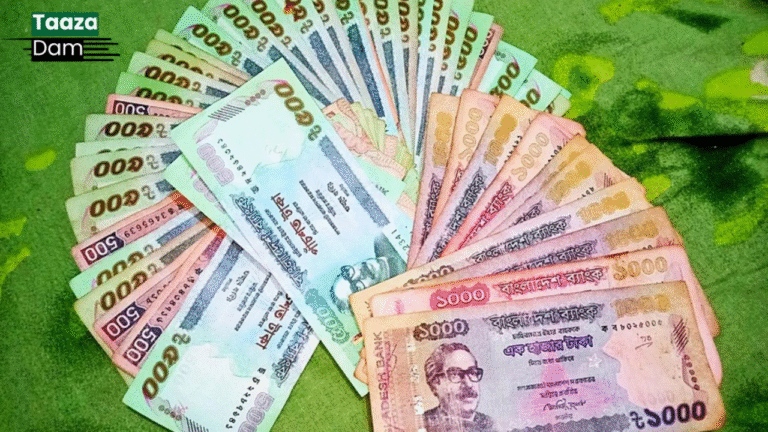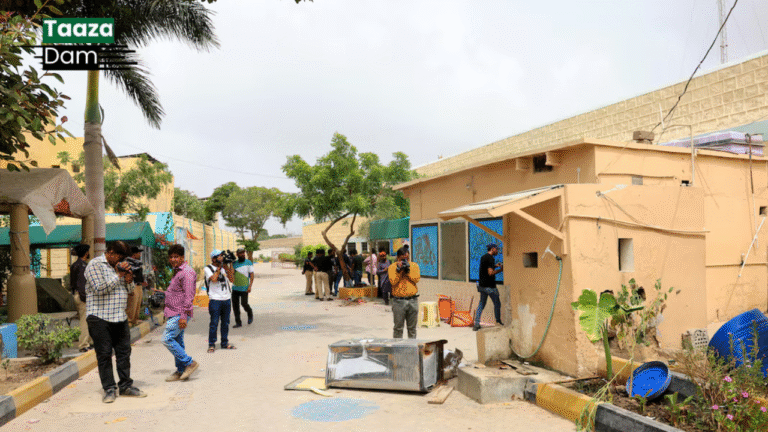Solar Panel Tax Policies in Pakistan: Key Updates for 2025

As Pakistan strives to enhance its renewable energy capacity, the government has introduced several policy measures in 2025 to promote solar energy adoption. These include tax exemptions on solar panel imports, incentives for local manufacturing, and discussions on imposing taxes on large-scale solar installations.
Tax Exemptions on Solar Panel Imports
In the federal budget for the fiscal year 2024-25, Pakistan’s government announced significant tax relaxations to encourage the growth of the solar energy sector. Finance Minister Muhammad Aurangzeb highlighted that duties and taxes on the import of machinery, plants, and equipment related to solar panel manufacturing have been relaxed. This move aims to reduce production costs and promote local manufacturing of solar panels, inverters, and batteries .
Local Manufacturing Incentives
To further bolster the domestic solar industry, the government has provided tax exemptions on the import of raw materials essential for manufacturing solar panels and related components. These incentives are designed to lower production costs, making solar energy systems more affordable and accessible to a wider segment of the population .
Proposed Tax on Large-Scale Solar Installations

The government is considering a proposal to levy a tax on the installation of solar panels with capacities of 12 kW or more. If implemented, this would result in a tax of Rs 2,000 per kilowatt, amounting to Rs 24,000 for a 12 kW installation. This proposal aims to regulate large-scale solar installations and ensure equitable energy distribution .
Net Metering Policy
Despite discussions on various energy policies, the government has reaffirmed its commitment to the net metering system. Federal Minister for Energy, Sardar Owais Ahmed Khan Leghari, emphasized that there are no plans to end the net metering policy. This policy allows consumers to sell excess solar energy back to the grid, promoting the adoption of solar energy systems .
Provincial Initiatives
In addition to federal policies, provincial governments are also taking steps to promote solar energy. For instance, the Khyber Pakhtunkhwa (KP) government has launched the KP Solar Scheme, aiming to provide free solar panels to 130,000 citizens in the province. This initiative targets impoverished families in areas with high electricity costs, facilitating their transition to solar energy .
Conclusio
Pakistan’s 2025 solar panel tax policies reflect a concerted effort to promote renewable energy adoption through a combination of import duty exemptions, local manufacturing incentives, and regulatory measures for large-scale installations. These initiatives aim to make solar energy more accessible and affordable, contributing to the country’s sustainable energy goals.






